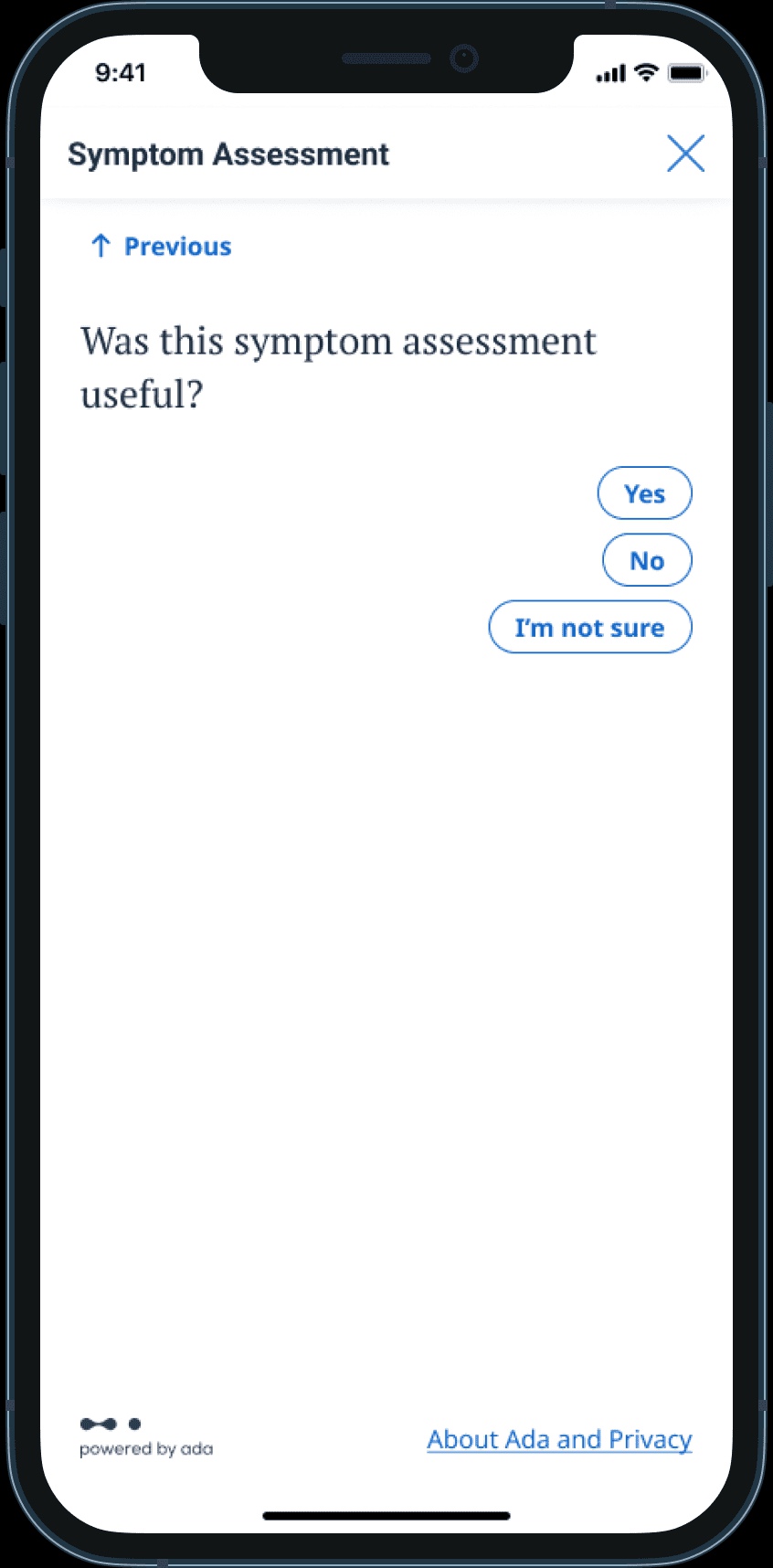
@ShahidNShah


Doctors have recognized the importance of empowering patients and “humanization” of care. But interventions based on artificial intelligence, particularly risk assessments, are being developed through black-box computer programs, walled off from human review.Most AI would benefit from human review. And a few companies are undertaking large effects to involve patients in the development of AI.This two-part series covers several companies—in particular, Ubie, Ada Health, Spire Health, and Healthvana—in the hope of encouraging other AI developers to take that big step toward transparency and accountability.The AI Symptom Checker from Ubie, a Japanese firm, is a fairly typical application of AI in health. It combines medical research with clinical data and self-reported data from patients to turn up conditions that might be missed in a standard doctor visit.
Ubie CEO and Cofounder Kota Kubo emphasizes that Ubie includes several layers of human input during the development of AI models. They employ more than 50 specialists in a clinical review process, and get input from the experts at hospitals and clinics they partner with. Now they are adding patient input as a third layer.Ubie’s symptom checker can capture the typical ways that patients describe their symptoms, which is often different from the terms clinicians use. Often, rerunning the AI models on what patients say can improve their ability to predict Cushing’s. “The patient journey is unique,” Kubo says.
Continue reading at healthcareittoday.com
We all know that CMS is pushing hard towards value-based care. They’re goal is to have 100% of Medicare beneficiaries in a value-based care arrangement by 2030. We see a number of ACO …
Connecting innovation decision makers to authoritative information, institutions, people and insights.
Medigy accurately delivers healthcare and technology information, news and insight from around the world.
Medigy surfaces the world's best crowdsourced health tech offerings with social interactions and peer reviews.
© 2025 Netspective Foundation, Inc. All Rights Reserved.
Built on Apr 30, 2025 at 4:13am